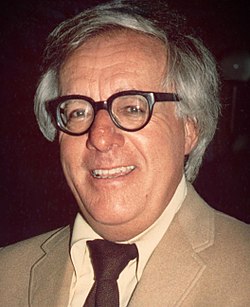Ray Bradbury Quote
But, stop and think. What does the word ‘witch’ truly mean? Why— said Tom, and was stymied. Wits, said Moundshroud. Intelligence. That’s all it means. Knowledge. So any man, or woman, with half a brain and with inclinations toward learning had his wits about him, eh? And so, anyone too smart, who didn’t watch out, was called— A witch! said everyone. And some of the smart ones, the ones with wits, pretended at magic, or dreamed themselves with ghosts and dead shufflers and ambling mummies. And if enemies dropped dead by coincidence, they took credit for it. They liked to believe they had power, but they had none, boys, none, sad and sorry, ’tis true. But
But, stop and think. What does the word ‘witch’ truly mean? Why— said Tom, and was stymied. Wits, said Moundshroud. Intelligence. That’s all it means. Knowledge. So any man, or woman, with half a brain and with inclinations toward learning had his wits about him, eh? And so, anyone too smart, who didn’t watch out, was called— A witch! said everyone. And some of the smart ones, the ones with wits, pretended at magic, or dreamed themselves with ghosts and dead shufflers and ambling mummies. And if enemies dropped dead by coincidence, they took credit for it. They liked to believe they had power, but they had none, boys, none, sad and sorry, ’tis true. But
Related Quotes
About Ray Bradbury
Bradbury is best known for his novel Fahrenheit 451 (1953) and his short-story collections The Martian Chronicles (1950), The Illustrated Man (1951), and The October Country (1955). Other notable works include the coming of age novel Dandelion Wine (1957), the dark fantasy Something Wicked This Way Comes (1962) and the fictionalized memoir Green Shadows, White Whale (1992). He also wrote and consulted on screenplays and television scripts, including Moby Dick and It Came from Outer Space. Many of his works were adapted into television and film productions as well as comic books. Bradbury also wrote poetry which has been published in several collections, such as They Have Not Seen the Stars (2001).
The New York Times called Bradbury "An author whose fanciful imagination, poetic prose, and mature understanding of human character have won him an international reputation" and "the writer most responsible for bringing modern science fiction into the literary mainstream".
